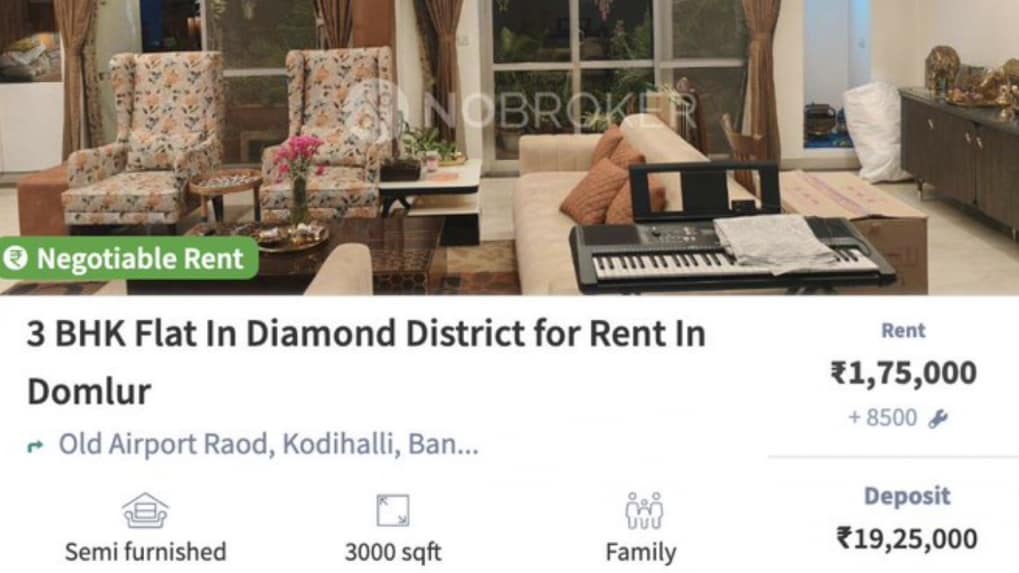Digital
Why OpenAI is hiring 100 ex-bankers: Inside the ChatGPT-maker's secret project to automate Wall Street's grunt work

A Canadian digital creator’s astonishment over a sky-high security deposit in Bengaluru has ignited a broader conversation about the city’s soaring rental market. Caleb Friesen, who has lived in India for eight years, took to X (formerly Twitter) to express disbelief at being asked to pay Rs 19.25 lakh as a security deposit for a 3 BHK apartment in Diamond District, Domlur, on top of a monthly rent of Rs 1.75 lakh.
Rs. 19 lakh for security deposit!
— Caleb (@caleb_friesen2) June 28, 2025
absolutely bonkers what landlords are expecting these days, I could literally buy a new Mahindra Thar for less than this deposit
anyone know of a place in/around Indiranagar with 2-3 months deposit only? rent price range Rs. 80 to 1 lakh pic.twitter.com/jGDfLC3eN0
“Absolutely bonkers what landlords are expecting these days,” Friesen tweeted. “I could literally buy a new Mahindra Thar for less than this deposit.” He also put out a call for recommendations, asking Bengaluru’s residents if there are properties in Indiranagar that require only a 2–3 month deposit, within a rent range of Rs 80,000 to 1 lakh.
Friesen’s tweet has since gone viral, striking a chord with thousands of tenants who are grappling with the city's unregulated rental landscape. In Bengaluru, landlords commonly ask for 10-month deposits, especially in prime localities like Indiranagar, Domlur, or Koramangala, despite no legal mandate enforcing such a practice.
The backlash has renewed calls for regulatory clarity and tenant protection in India’s tech capital, where the influx of startups, expats, and IT professionals has pushed rents and deposits to unsustainable levels.
In a wide-ranging interview with Storyboard18, Sorrell delivers his frankest assessment yet of how the deal will redefine creativity, media, and talent across markets.